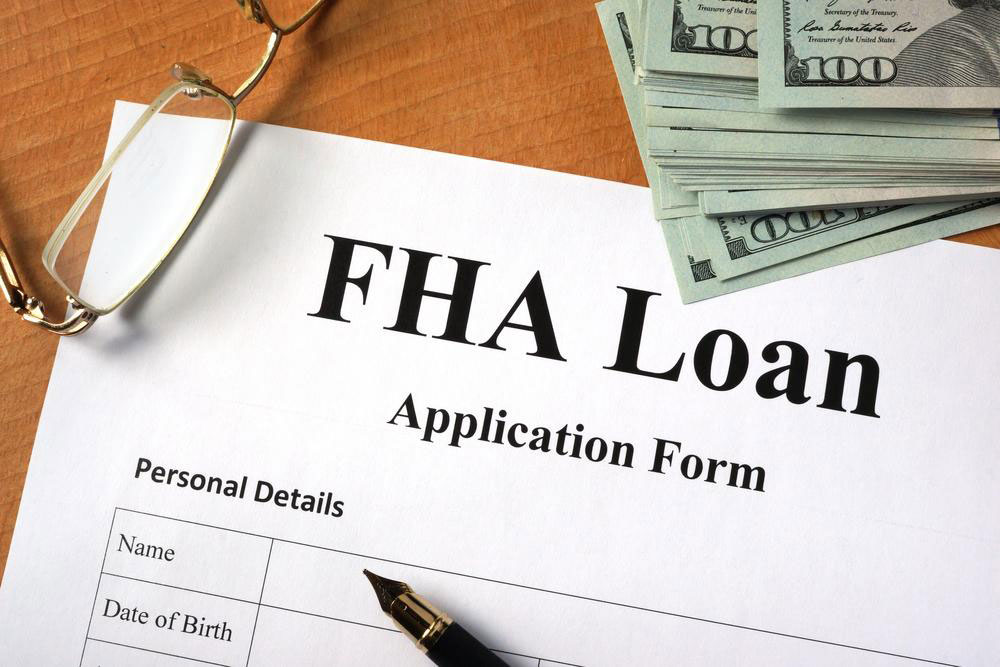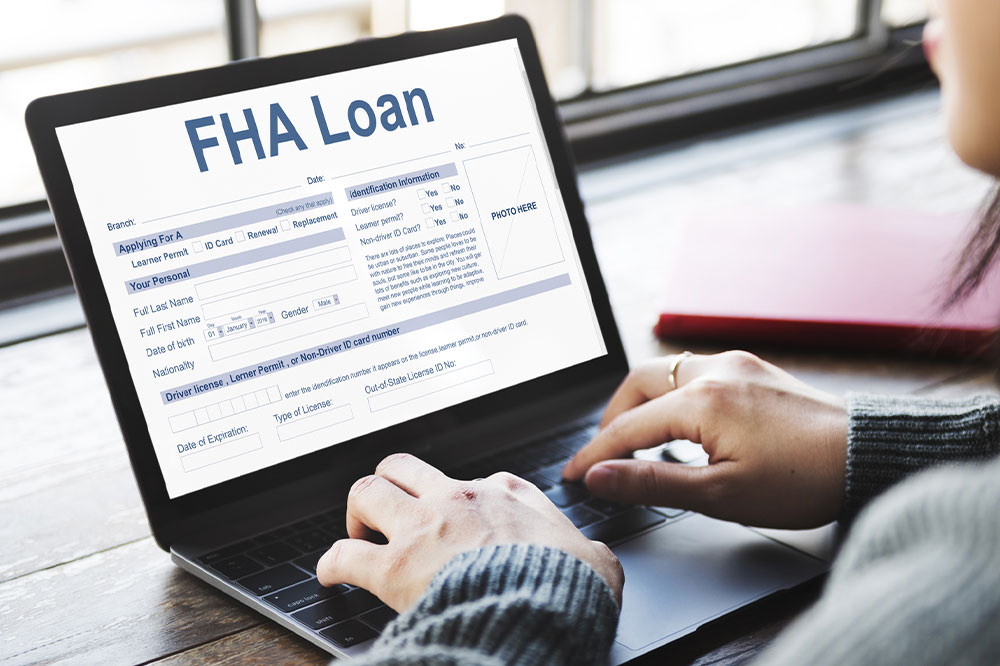Complete Guide to FHA Home Loans: Making Homeownership Achievable
This comprehensive guide explores FHA home loans, offering valuable insights into eligibility, benefits, and application processes. Designed to make homeownership accessible, FHA loans are ideal for first-time buyers and those with credit challenges. Learn how low down payment options, mortgage insurance, and flexible qualification criteria can help you achieve your dream of owning a home. Discover everything you need to know about FHA loans to make informed financial decisions and start your journey toward homeownership today.

Complete Guide to FHA Home Loans: Making Homeownership Achievable
Dreaming of owning a home but concerned about limited savings, low credit scores, or other financial barriers? FHA home loans offer a flexible and accessible pathway to achieving your homeownership goals. Sponsored by the Federal Housing Administration, these loans are specially designed to assist first-time buyers and those with less-than-perfect credit histories. They are insured against default, which reduces risk for lenders and allows for more favorable lending terms. Whether you're considering a 15-year or 30-year mortgage, fixed or adjustable interest rates, FHA loans can be tailored to fit your financial needs.
One of the key advantages of FHA loans is their lenient down payment requirements. Borrowers with credit scores of 580 or higher can qualify with a down payment as low as 3.5%. If your credit score falls between 500 and 579, a higher down payment of at least 10% is typically required. These loans also involve mortgage insurance premiums (MIP) to provide security to lenders in case of borrower default, ensuring that lenders are protected while helping more people access homeownership.
Qualifying for an FHA loan involves meeting specific criteria. Applicants should be at least 18 years old and must be either U.S. citizens or legal residents with a valid Social Security Number. Stable employment history and consistent income are also important factors. The application process requires proof of these credentials along with documentation of income, assets, and credit history. A minimum down payment, usually 3.5%, is necessary to secure financing, and the property purchased must serve as the borrower’s primary residence.
Financial responsibility plays a central role when applying for FHA loans. Even if you have had prior financial setbacks such as bankruptcies or foreclosures, maintaining good credit and demonstrating responsible financial management can improve your chances of approval. The property must meet FHA minimum standards, including safety, security, and soundness, as determined by an FHA-approved appraiser. Additionally, income-to-debt ratios are carefully evaluated; the front-end ratio—monthly housing costs divided by gross monthly income—should be between 31-40%, while the back-end ratio—total debt payments divided by gross monthly income—should fall within 43-50%.
The primary goal of FHA programs is to expand access to homeownership across diverse populations, particularly first-time buyers and those with limited savings or credit issues. If you meet the eligibility criteria and follow FHA guidelines, these loans can be a practical first step toward owning your dream home. By understanding the specifics of FHA home loans, you can better prepare and confidently navigate the application process, turning your homeownership dreams into reality.





